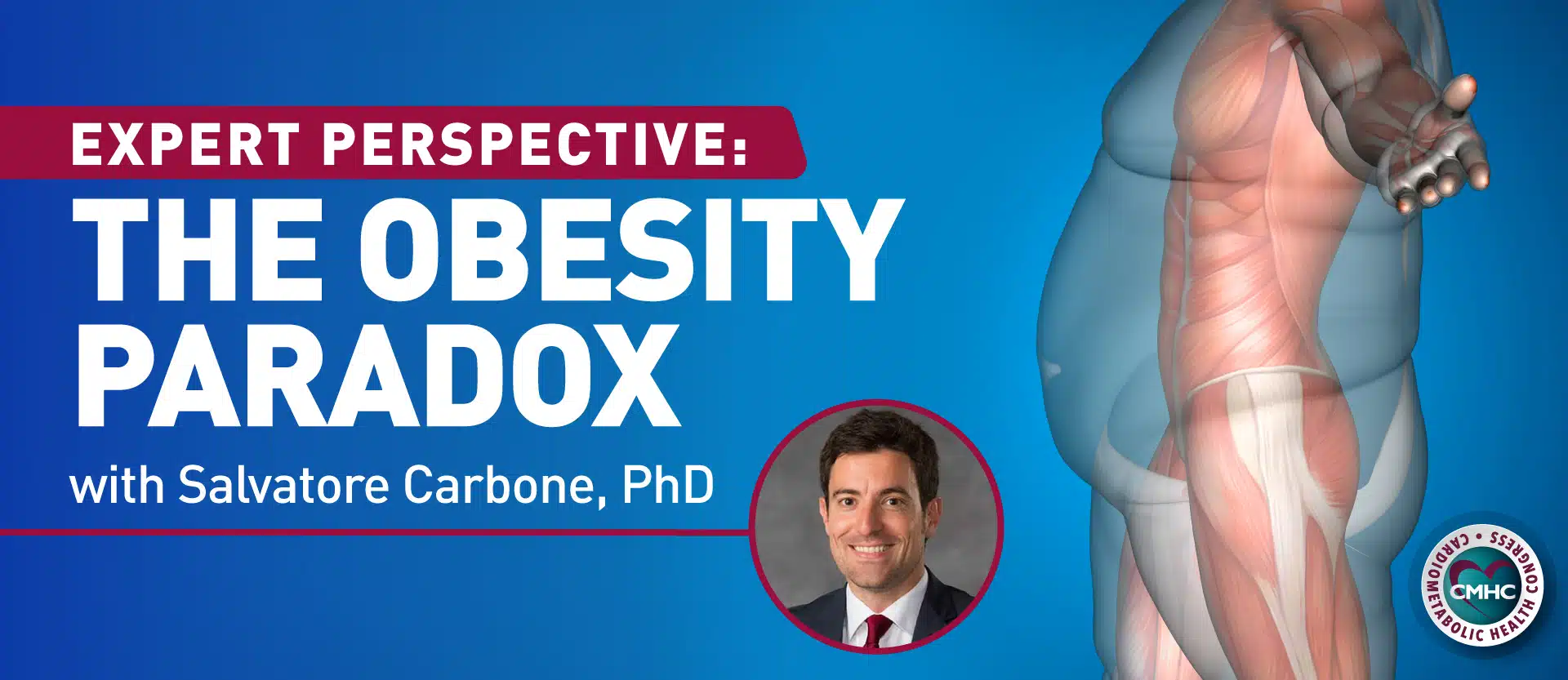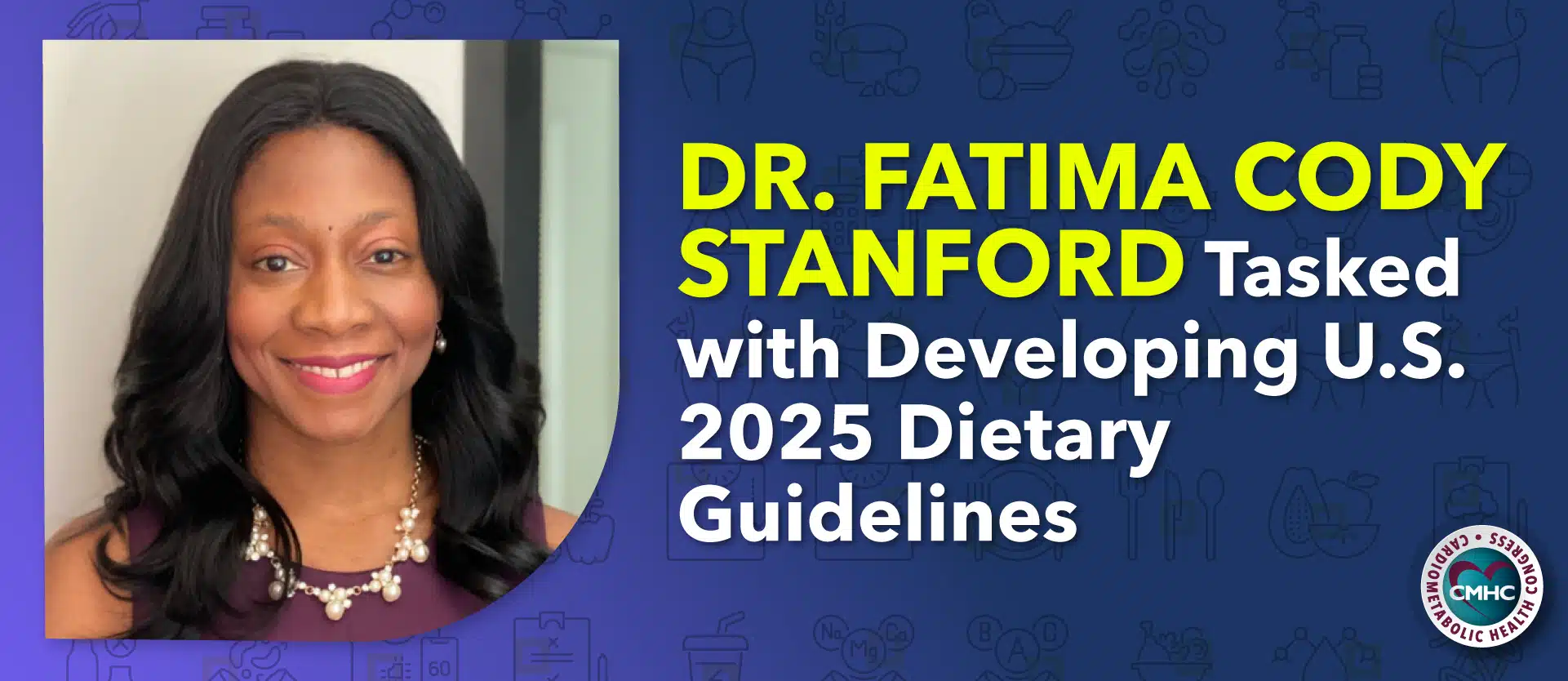A recent study has found that the majority of cardiologists lack current, up-to-date education surrounding nutrition and diet. A report published by the American Journal of Medicine, authored by a dozen healthcare professionals in the United States and Spain, titled “A Deficiency of Nutrition Education and Practice in Cardiology” details that less than a third of cardiologists describe their nutrition knowledge as “mostly up to date” or better.
Although the leading cause of premature death and disability in the United States is heart disease, most cardiologists report inadequate training in nutrition. “Using nutrition as medicine is probably one of the most cost effective ways to treat disease but is incredibly underutilized by healthcare providers,” explained Andrew Freeman, M.D., a cardiologist at National Jewish Health in Denver, and one of the study’s co-authors. “If we could empower healthcare providers with information on how to implement this in daily practice, we could transform healthcare rapidly, prevent healthcare cost explosions, and reduce morbidity and mortality.”
Ninety percent of cardiologists surveyed reported receiving no or minimal nutrition education during cardiovascular fellowship training; 59 percent reported no nutrition education during international medicine training; 31 percent reported no nutrition education throughout medical school. Almost two-thirds of all surveyed cardiologists reported spending three minutes or less per visit discussing nutrition with their patients.
Another study designed to quantify the required number of hours of nutrition education at U.S. medical schools, in addition to an investigation regarding the types of courses offered, reaffirmed the supposition that medical students receive an inadequate amount of nutrition education. Only 27% of surveyed schools required a course dedicated to nutrition; on average, U.S. medical schools only offer 19.6 hours of nutrition education—across four years of medical school.
A 2016 study in the International Journal of Adolescent Medicine and Health assessed the basic nutritional knowledge of fourth-year medical and osteopathic school graduates entering a pediatric residency program. On average, the incoming interns were only able to answer 52% of the 18 questions correctly. Marion Nestle, a renowned professor of nutrition, food studies, and public health at New York University, chalks much of this up to the fact that there is a primary focus on treating–rather than preventing–diseases.
The initial report regarding nutrition and cardiology further noted that the total annual cost related to heart and vascular diseases in the United States is $315 billion, much of which could be lessened with proper nutritional training and implementation.

















